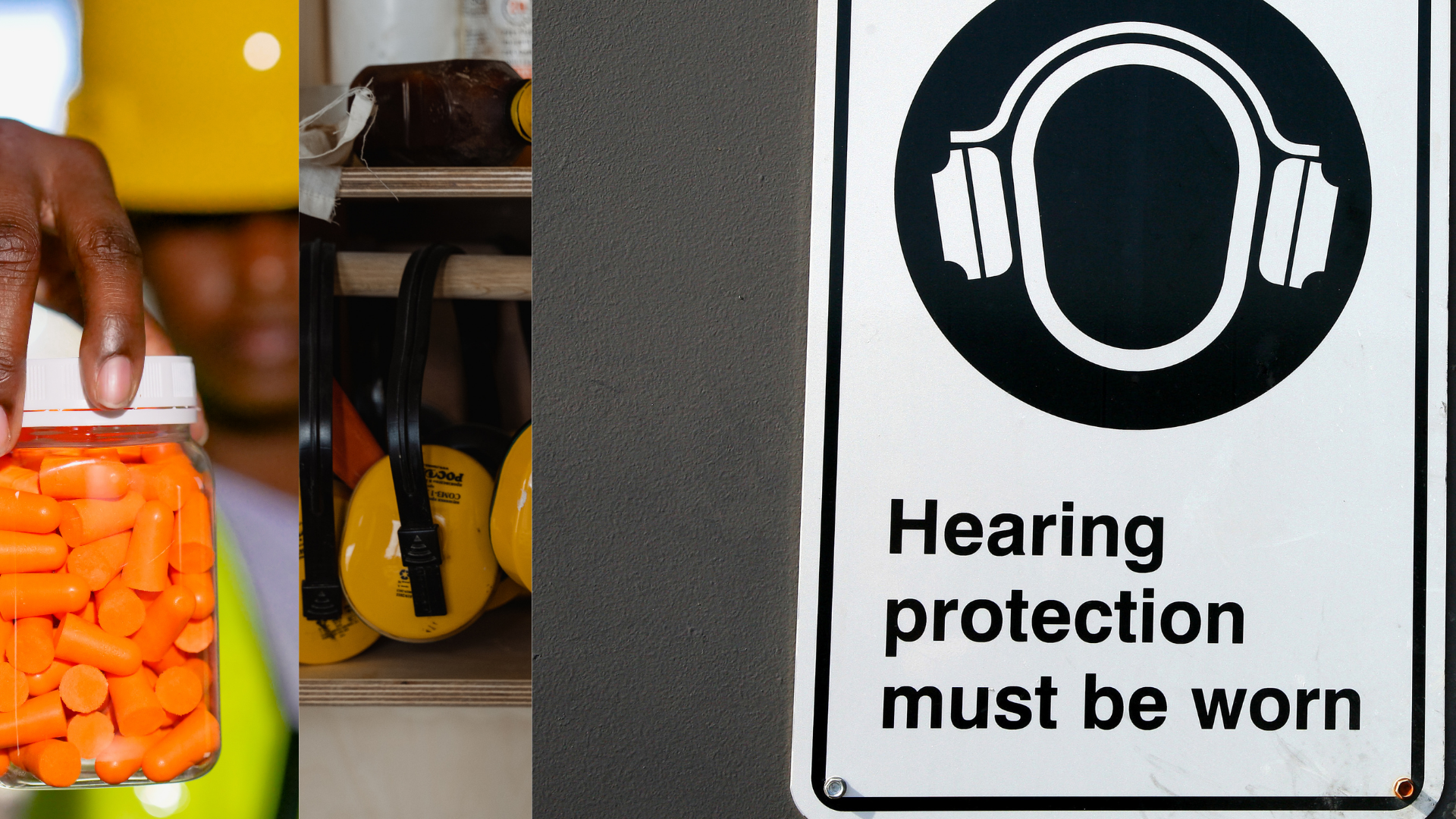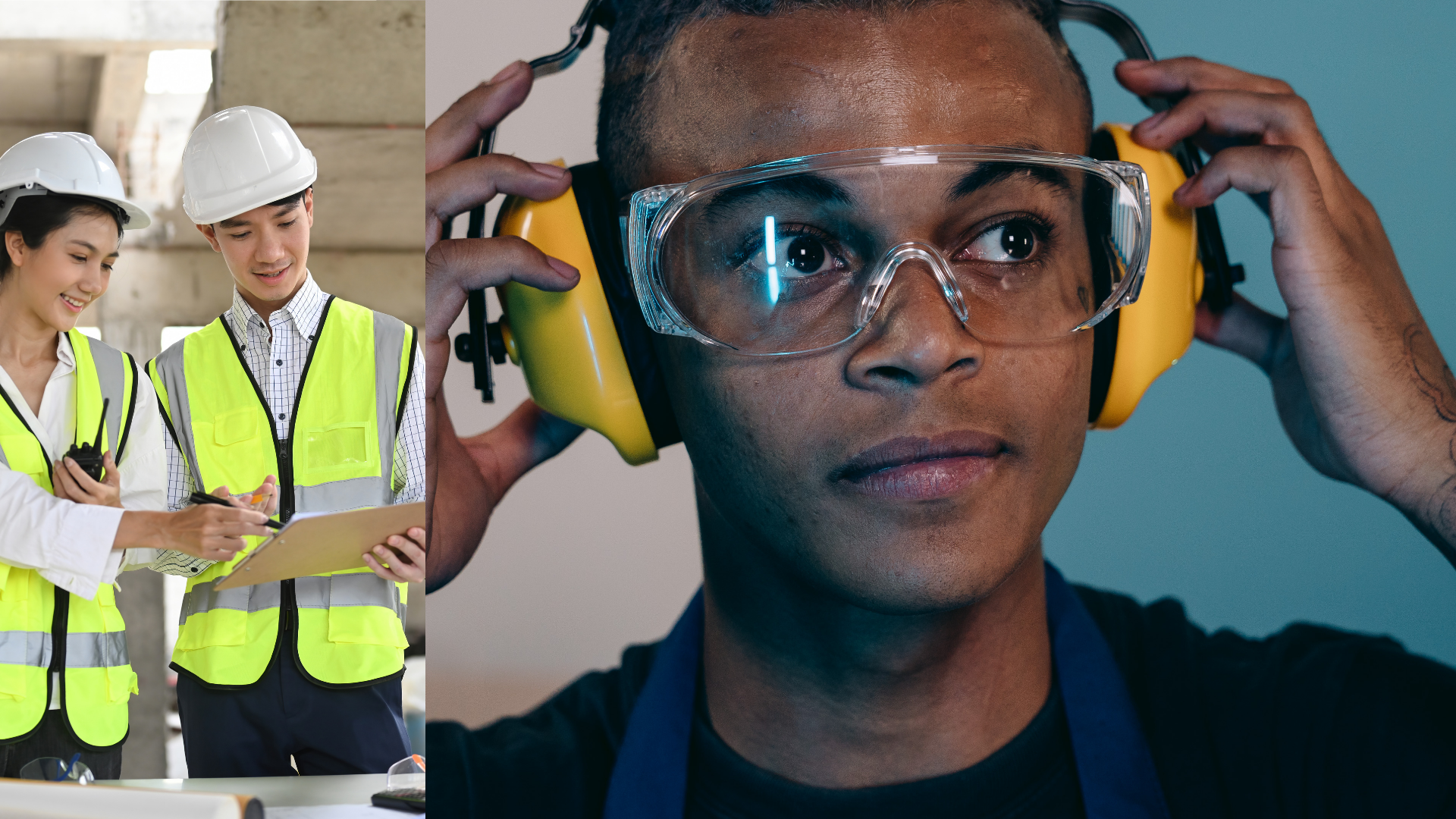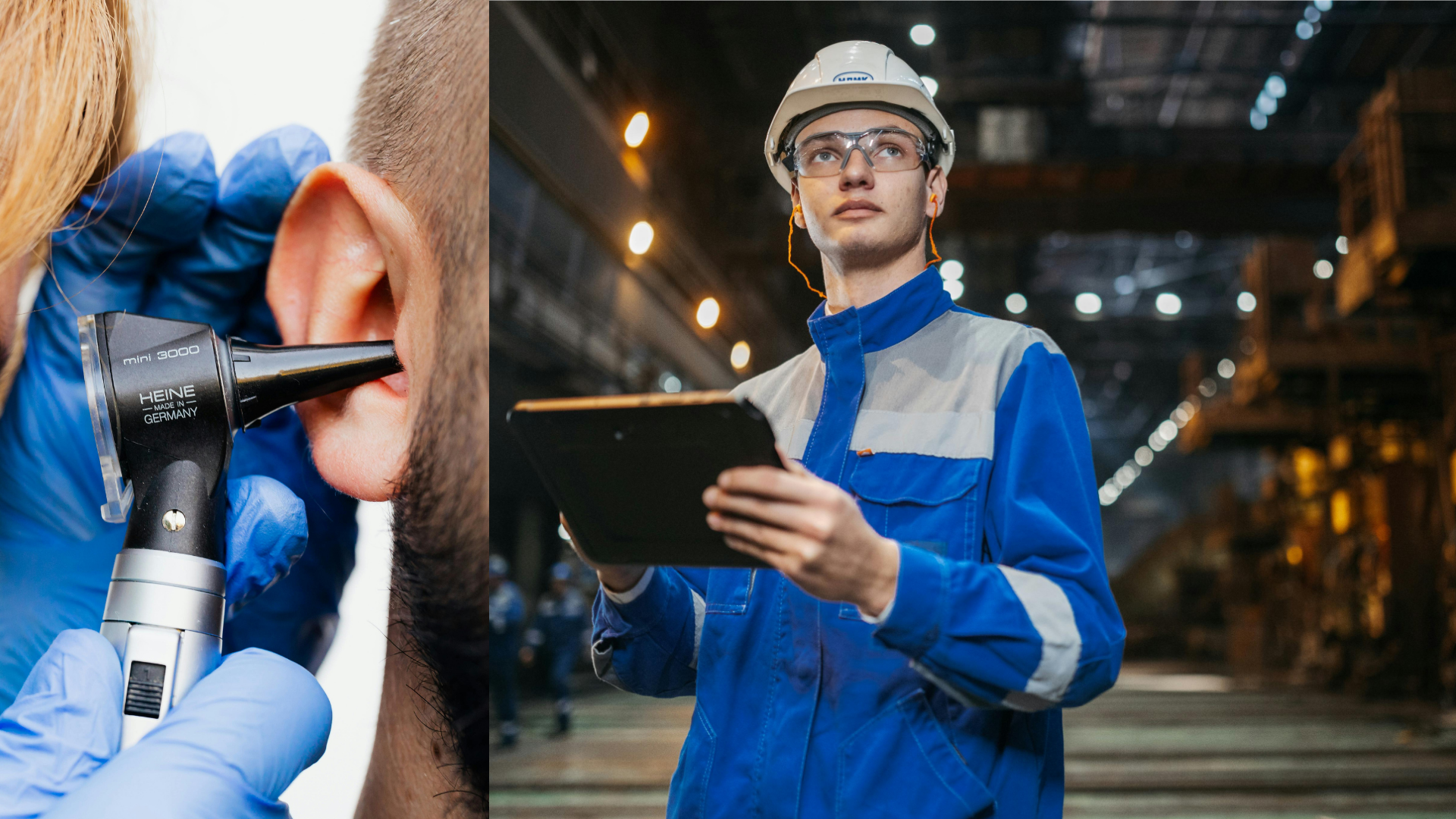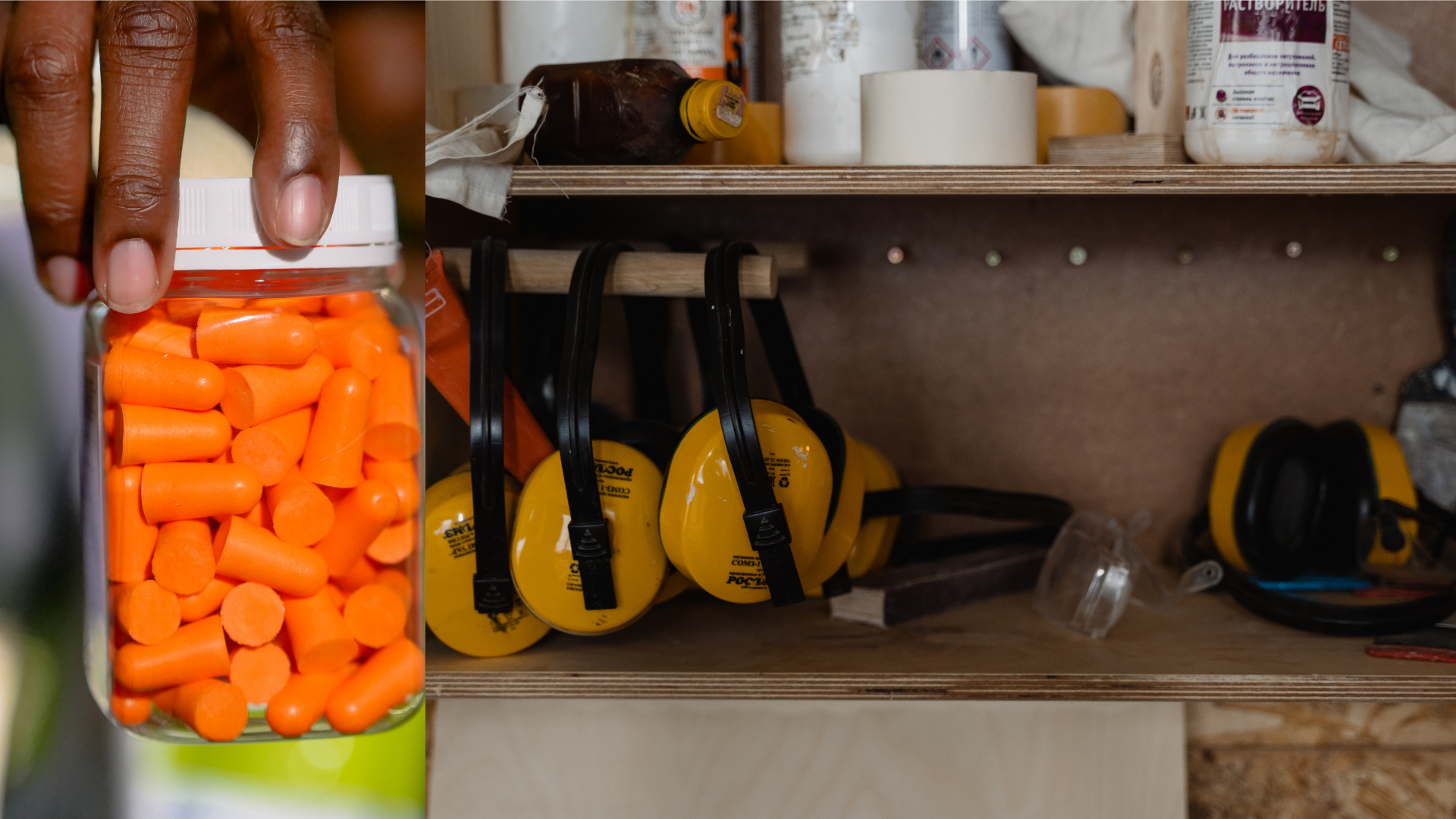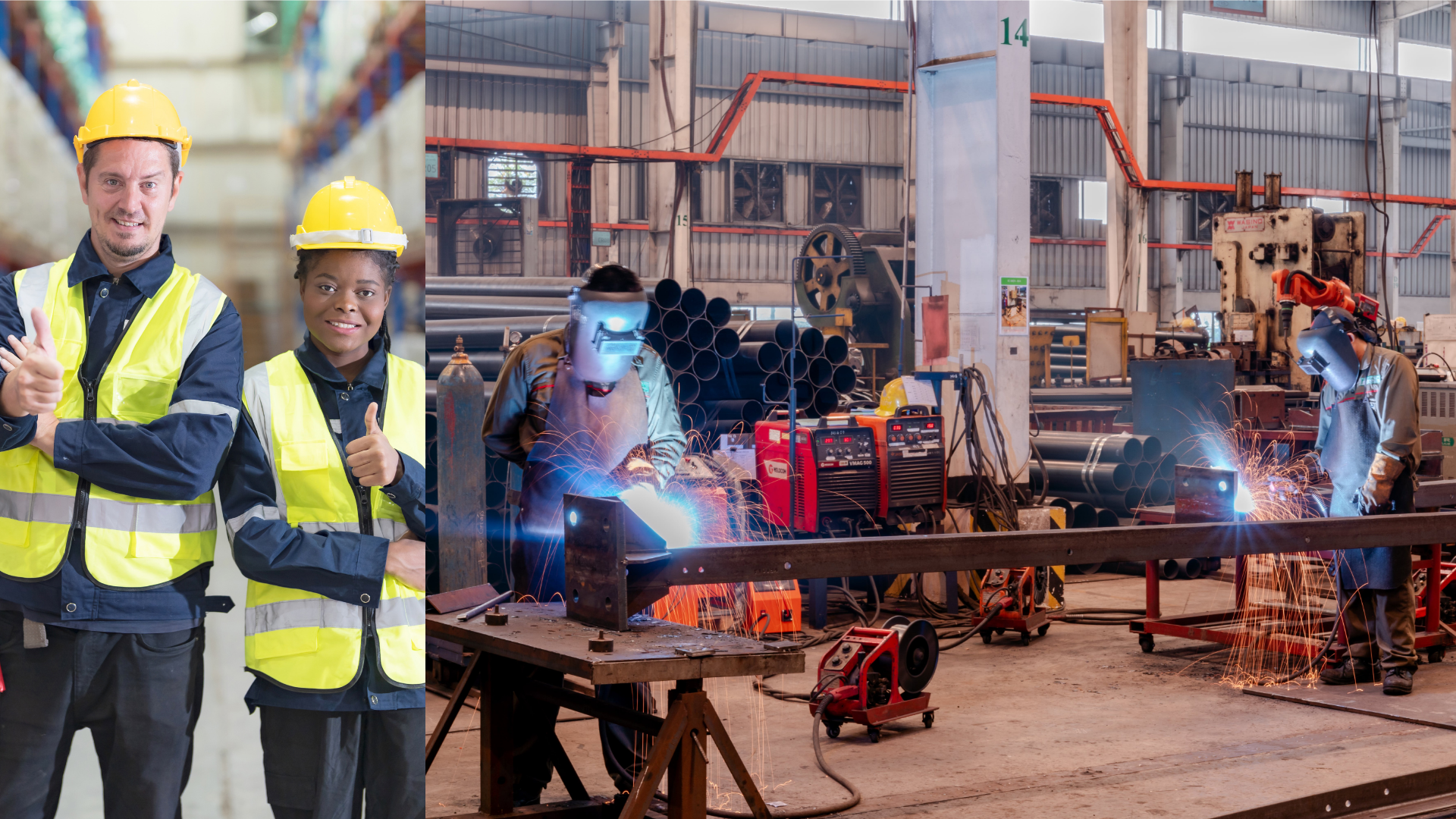3 Reasons Your Employees Need An Annual Hearing Test
Dangerous levels of noise in workplace environments is a growing issue in our country. The US Labor Department estimates that there are 22 million workers every year who are exposed to excessive noise in the workplace. In addition, employers in the United States have had to pay out hundreds of millions of dollars in compensation from employees with hearing loss.
After hypertension and arthritis, hearing loss is the third most common chronic physical condition among adults in the United States. And you may think that this only affects older workers, but 60% of those with hearing loss are actually under the age of retirement. And 20 percent of children between the ages of 12 and 19 are already showing signs of hearing loss, meaning that the workplace is likely to see more cases of employees with trouble hearing.
As hearing loss becomes more widespread, employers must understand what they can do to ensure that more employees do not lose their hearing at work. A good first step is an annual hearing test for your employees. Here are three key reasons why this is a good idea for both your business and your workers.
1. Good hearing leads to higher productivity
Almost no employer out there will turn down the chance to have a more productive workforce. But the fact is that by neglecting the hearing health of their workers, employers are risking more than the wellbeing of certain members of staff. They could also risk lowering productivity.
Being able to hear and understand one’s colleagues is essential for efficient employee communication. Maintenance of your employee’s hearing and listening abilities allow employees to understand instructions for work, making it more likely that your employees get more done. Misunderstandings however, can lead to job errors, missed deadlines and inadequate customer service.
2. Good hearing leads to a lower risk of accidents
The more developed your hearing loss is, the bigger the risk is that you will experience a workplace accident. This risk rises significantly if you already work in a noisy environment. It’s possible that you might miss a crucial piece of security information during work at a construction site which could lead to serious consequences. Hearing loss can also conceal sounds which alert you to danger, such as the warning sounds of reversing vehicles. The cognitive effort involved in distinguishing sounds when battling hearing loss also makes you more vulnerable to workplace errors.
By maintaining the hearing of your workers will help ensure a clean safety record at work, maintaining the reputation of your company and reducing the chances of any lawsuits resulting from accidents at work.
3. Good hearing boosts earning power and lowers unemployment rates
Hearing loss can make your employees earn less money. The link between untreated hearing loss and lower wages were explored in a 2012 paper published in the Annals of Otology, Rhinology & Laryngology journal. The paper concluded that people who have hearing loss earn significantly lower pay than people with normal hearing. A separate conclusion found that those with hearing loss are also more likely to be out of work.
By taking an active interest in the hearing health of your employees, you are more likely to keep your best staff motivated and help them to improve and maintain their skills and experience. This helps them become valuable, high-performing members of your team.
Your other responsibilities
There are also things that you can or need to do that will hopefully reduce the rate of hearing loss at your workplace.
OSHA regulations require employers to provide hearing tests and hearing protection for those who are exposed to loud noise for eight hours a day or more. For construction workers, the limit is 90 decibels for an exposure of eight hours.
You can also promote awareness and education of hearing safety among your workers. Employees sometimes don’t want to use hearing protection when on the job because they don’t realize the risks–particularly if they don’t use loud machines. By reminding your employees that listening damage occurs from combined noise exposure (rather than simply short bursts of loud noise), you help them become aware and protect themselves against the risks that they face on the job every day.
Anadyne
At Anadyne, we help companies like yours test hearing and provide hearing protection to their employees. For more information about how we can protect the hearing of your workers, contact us today.
The post 3 Reasons Your Employees Need An Annual Hearing Test appeared first on Anadyne.




